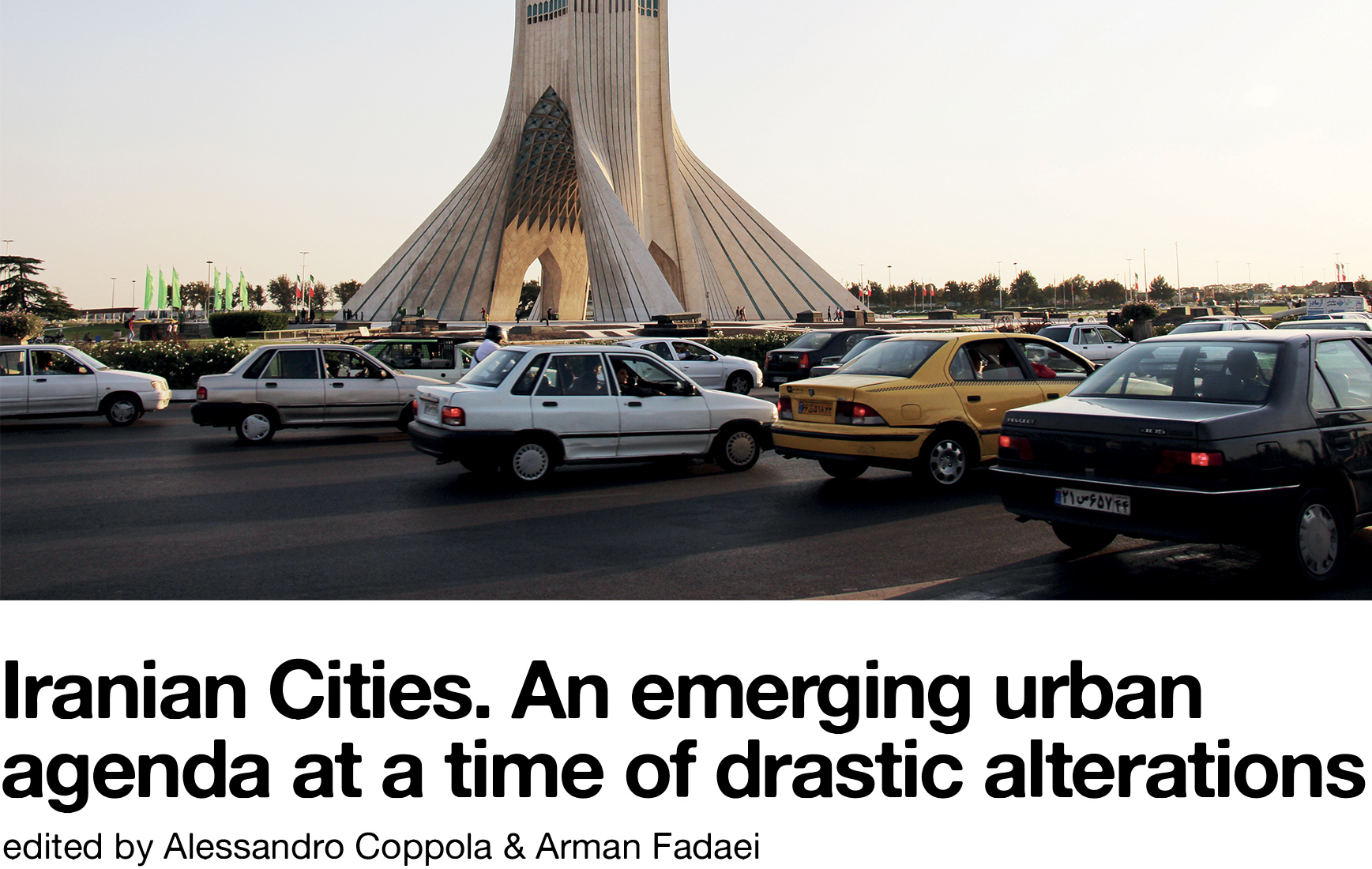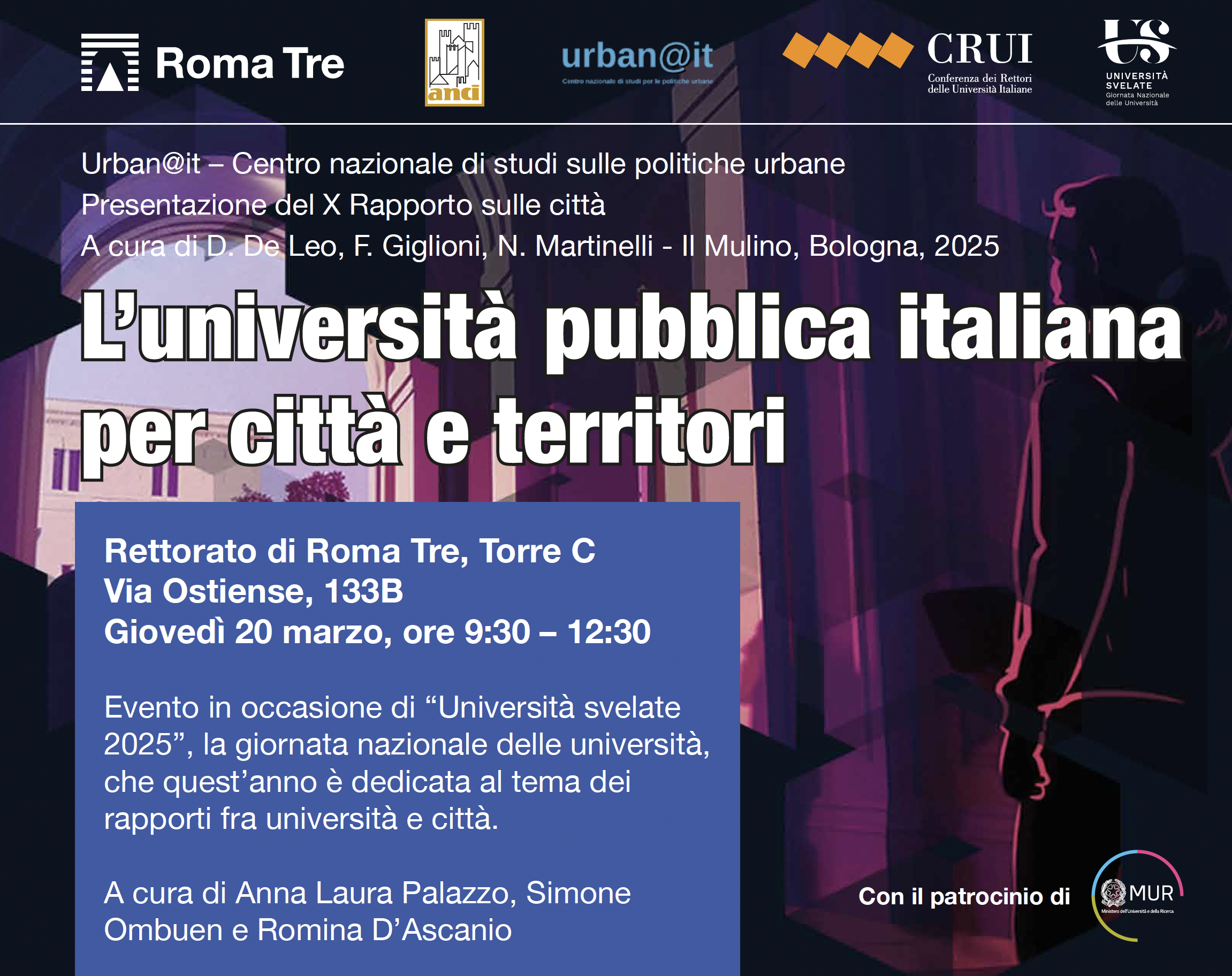
leggi il numero sul sito del nostro editore
read the issue on our publisher’s website
scarica l’indice
download the index
numero 19, anno 2019
Nota Etica | Publication ethics
Processo di peer-review | Peer-review process
Revisori QU3 | QU3 Reviewers
___________________________________
Introduction
editoriale di/introduction by Alessandro Coppola & Arman Fadaei
leggi/read the abstract
The Dawn of the Public Participation Paradigm
in Iranian Urban Management
di/by S.N. Mashhadi Moghaddam & M. Rafieian
leggi/read the abstract
Analyzing the Spatial Patterns of Suburban Women’s Everyday Life
di/by Z. Dodangeh & Z. Ahari
leggi/read the abstract
Informality Incorporated. Technology and
the Production of Urban Space in Tehran
di/by M. Ghiabi
leggi/read theabstract
The Other City Campaign and the Right
to the City in Iran
di/by F. Zamani & R. Tafaroji
leggi/read the abstract
Emerging ‘spatialities of discontent’ in
Modern Tehran
di/by A. Mehan
leggi/read the abstract
The ascent and failure of New Towns
in the Tehran Metropolitan Area.
Insights into drivers of growth and
residential satisfaction
di/by M. Norouzi, A. Meshkini, S. Khademi
& N. Shalchian
leggi/read the abstract
Iranian Cities. An emerging urban agenda at a time of drastic alterations
A set of crucial political and economic transformations has had in the last five decades a direct and significant impact on the material and non-material dimensions of Iranian urbanization. Shifts in the country’s national urban agenda have come hand and in hand with changes in the behaviour of individuals, enterprises and the civil society contributing to the shaping of a new field of tensions that urban scholars are just starting to grasp and address. This special issue of I Quaderni di Urbanistica3 aims at showcasing debates and case studies touching upon many of these emerging tensions. From the reality of New Towns to the rise of participative practices in cities, from the ever changing nexus between formality and informality in the city economies and sociabilities to the role of public spaces in contemporary protest movements, from the role of gender in emerging urban spatialities to the new forms of politicization of the urban space the issue offers a wealth of critical entry points into the contemporary urban condition in Iran.
Lettera del direttore
In the recent decades we were forced to abandon the idea that the city is an organism: in the post-modern metropolis there is no internal consistency, rather there’s juxtaposition, coexistence, diversity. (…)







